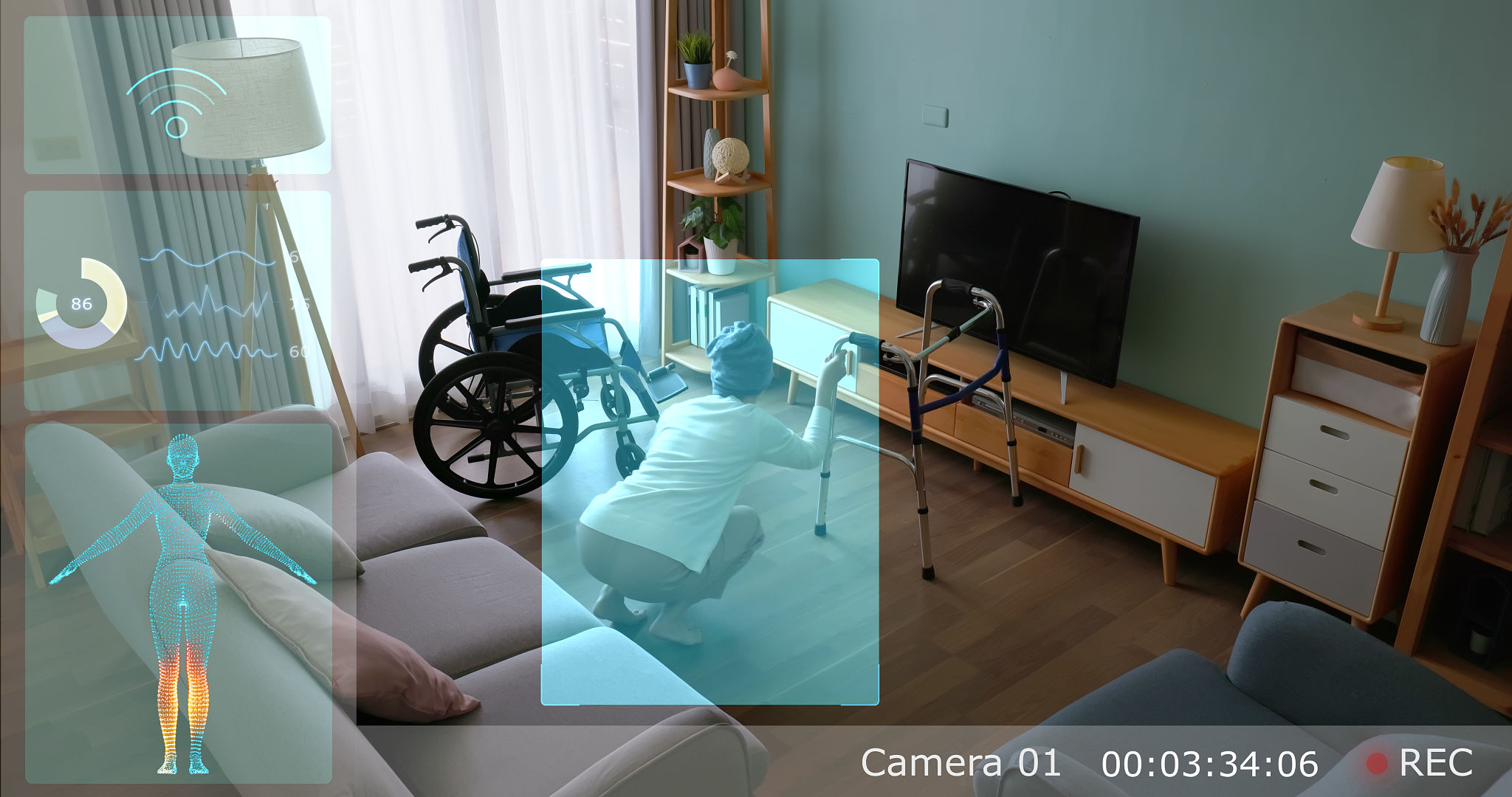Remote Patient Monitoring: Transforming Healthcare in Rural Tennessee
Revolutionizing Access to Healthcare
Remote Patient Monitoring (RPM) is significantly transforming healthcare delivery in rural Tennessee, where access to medical services has long been a challenge. With the advent of technology, patients in these areas are now experiencing a new level of convenience and care, which was previously unimaginable. By leveraging digital tools, RPM allows healthcare providers to monitor patients' health conditions from afar, ensuring timely interventions and improved health outcomes.

Enhancing Patient Engagement and Outcomes
One of the key benefits of RPM is its ability to enhance patient engagement. Patients who might have faced difficulties in visiting a healthcare facility due to distance or mobility issues can now stay connected with their healthcare providers. This constant connection encourages patients to take an active role in managing their health, leading to better adherence to treatment plans.
Moreover, RPM has been shown to significantly improve health outcomes. By continuously monitoring vital signs and other health metrics, healthcare providers can detect potential issues early and adjust treatments accordingly. This proactive approach not only helps in preventing complications but also reduces hospital readmissions, making healthcare more efficient and cost-effective.
Overcoming Geographical Barriers
Rural areas in Tennessee often suffer from a lack of nearby medical facilities and specialists. RPM bridges this gap by bringing medical expertise directly into patients' homes. Through devices that track vital signs such as heart rate, blood pressure, and glucose levels, patients receive the same level of care they would in a hospital setting.

This technology is especially beneficial for managing chronic diseases, which require consistent monitoring. Conditions like diabetes and hypertension can be closely watched, allowing for timely interventions that prevent deterioration and improve quality of life. As a result, rural residents gain access to a standard of care that rivals urban centers.
Empowering Healthcare Providers
Healthcare providers in rural Tennessee are also benefiting from the integration of RPM into their practices. With access to real-time data, they can make informed decisions quickly and efficiently. This data-driven approach enhances diagnostic accuracy and ensures that patients receive personalized treatment plans tailored to their specific needs.
Additionally, RPM facilitates collaboration among healthcare professionals. Specialists who are not physically present in the area can consult on cases using data gathered through monitoring devices. This collaborative effort enriches the treatment process and expands the knowledge base of local practitioners.

Challenges and Future Prospects
While RPM offers numerous advantages, it also presents challenges that need to be addressed. Issues such as data privacy, technology accessibility, and the need for robust internet connections in rural areas can hinder its widespread adoption. However, ongoing investments and policy initiatives are aimed at overcoming these hurdles.
The future of RPM in rural Tennessee looks promising. As technology continues to advance, we can expect even more sophisticated monitoring systems that will further enhance healthcare delivery. With continuous improvement and adaptation, RPM could become a cornerstone of rural healthcare, transforming lives one patient at a time.
